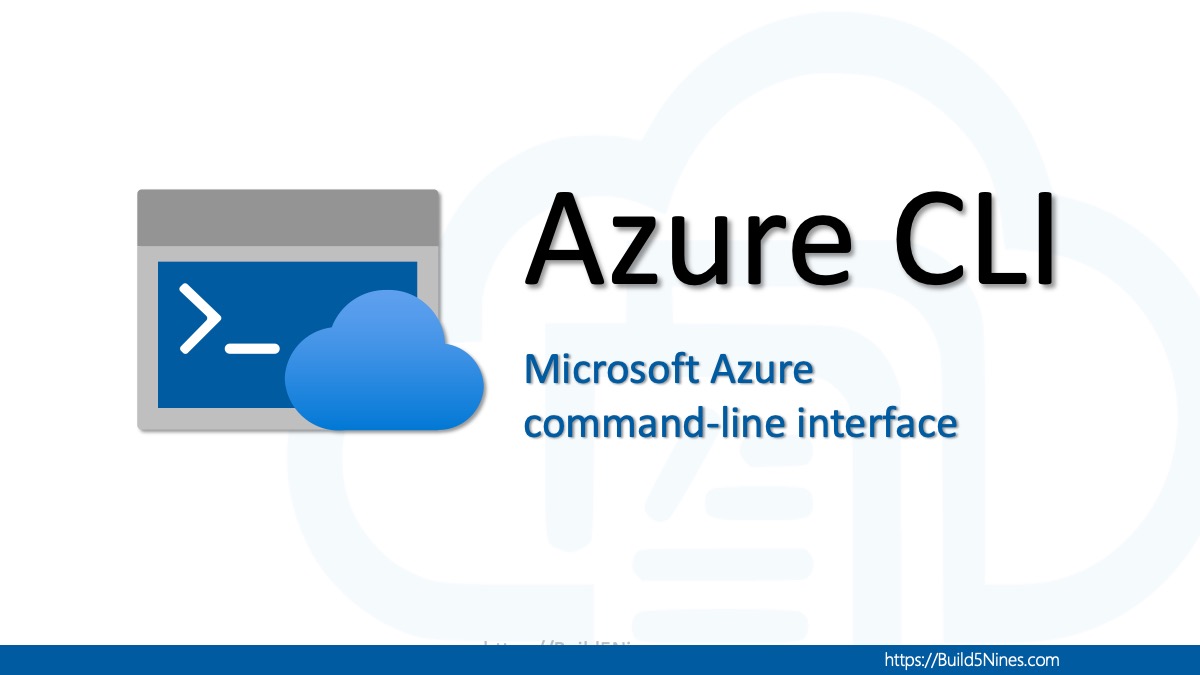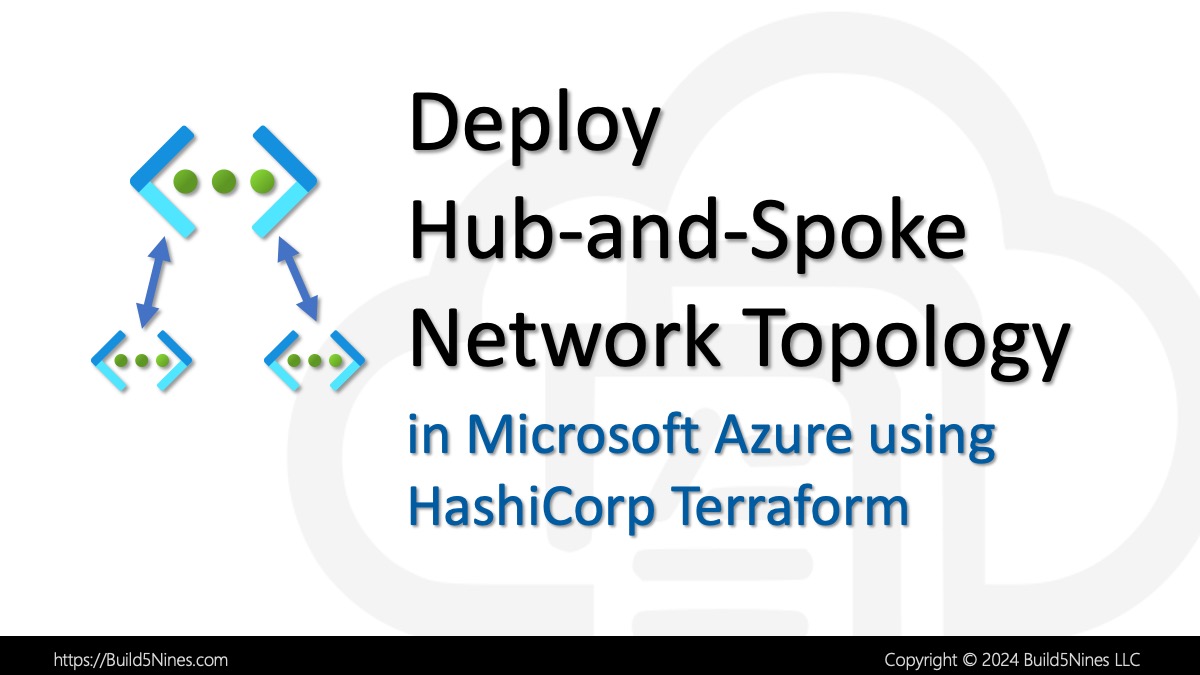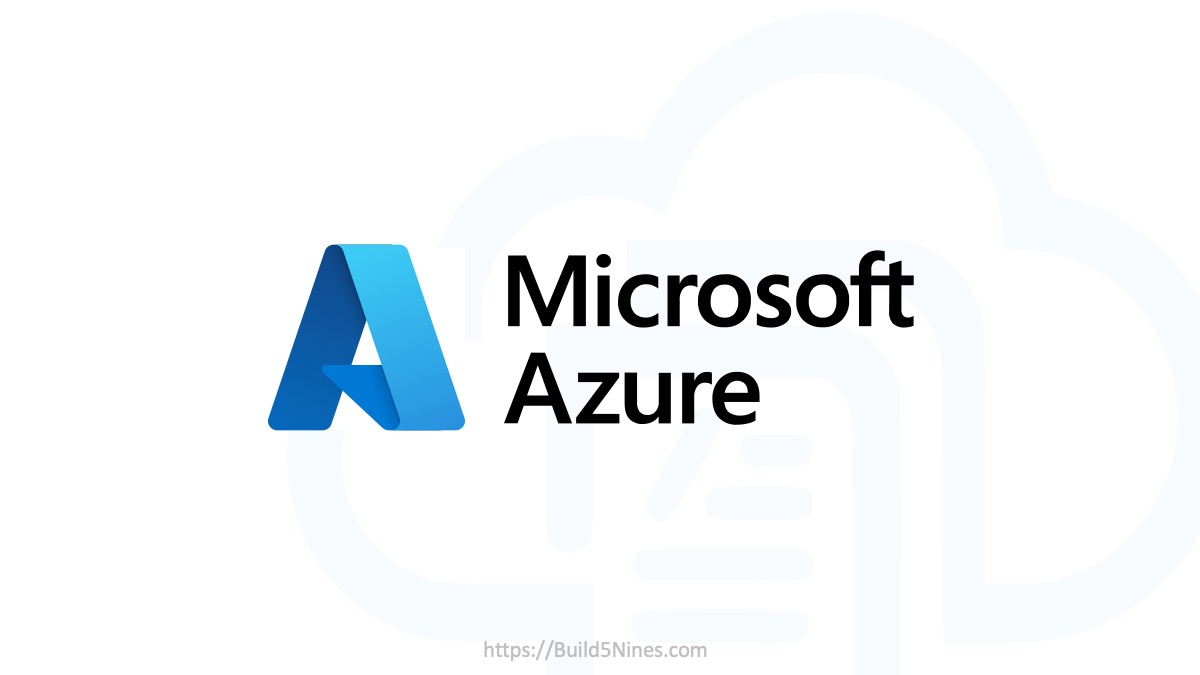In the battle over cloud providers, the bid for the United States Department of Defense (DoD) Joint Enterprise Defense Infrastructure (JEDI) contract is a big deal. The DoD released on October 25, 2019 that they are awarding the JEDI contract worth up-to $10 Billion ($10,000,000,000) over the next 10 years to Microsoft. They have ultimately chosen Microsoft, and Microsoft Azure, as the cloud of choice to standardize on a single cloud vendor to build out their enterprise cloud.
The US DoD has awarded the JEDI contract worth up-to $10 Billion ($10,000,000,000) over the next 10 years to Microsoft.
JEDI Contract Details
On October 25, 2019, the United States Department of Defense (DoD) posted an announcement that they are awarding the JEDI contract to Microsoft as their single cloud provider to standardize on. The contract is a “firm-fixed-price, indefinite-delivery/indefinite-quantity contract” with a max price ceiling of $10 Billion over a period of 10 years. The expected completion date for the contract is October 24, 2019.
This contract is not a guarantee that the DoD will be paying Microsoft $10 Billion. The contract has a minimum guarantee amount of only $1 Million. In the fiscal year 2020, the operations and maintenance funds of $1 Million ($1,000,000) is being obligated to cover the minimum guarantee of the contract. After this $1 Million is spent with Microsoft, the DoD still has the freedom to change directions and reevaluate their “single cloud provider” plan. Currently, there’s no indication this will change, but they still have the option.
The JEDI contract is set that Microsoft will be providing enterprise-level, commercial Infrastructure as a Service (IaaS) and Platform as a Service (PaaS) to support DoD business and mission operations. In addition, work performance will be taking place at Microsoft’s place of performance; so essentially they’ll be using any combination of the Microsoft Azure public cloud, government cloud, and/or secret cloud regions and data centers. It would also make logical sense that there will be Azure Stack implementations deployed where necessary as well.
Here’s the full US DoD announcement that was posted for the award of the JEDI contract going to Microsoft:
Microsoft Corporation, Redmond, Washington, has been awarded a firm-fixed-price, indefinite-delivery/indefinite-quantity contract with a ceiling value of $10,000,000,000 over a period of 10 years, if all options are exercised. The JEDI Cloud contract will provide enterprise level, commercial Infrastructure as a Service (IaaS) and Platform as a Service (PaaS) to support Department of Defense business and mission operations. Work performance will take place at the awardee’s place of performance. Fiscal 2020 operations and maintenance funds in the amount of $1,000,000 are being obligated on a task order against this award to cover the minimum guarantee. The expected completion date is Oct. 24, 2029, if all options are exercised. Washington Headquarters Services, Alexandria, Virginia, is the contracting activity (HQ0034-20-D-0001). Task Order HQ0034-20-F-0009 was awarded for the minimum guarantee of $1,000,000. Task Order HQ0034-20-F-0010 was awarded for $0.00 for Cloud Computing Program Office (CCPO) Program Management (PM) Support.
The full details of the JEDI contract and the specifics of what Microsoft offered in their bid for the contract could be found in those specific documents.
The JEDI Controversy
There have been multiple bids from different cloud providers for the JEDI contract. These different vendors bids were considered, and ultimately Microsoft was chosen as the winner. The other major cloud providers that bid for the contract were Amazon and Google.
The JEDI contract has been surrounded by some controversy. Some of this came from the likes of Oracle and Google. There has even been concerns about awarding the JEDI contract to Amazon stated by Donald Trump, President of the United States.
President Trump had instructed the Defense Secretary, Mark T. Esper, to reexamine awarding of the JEDI contract due to concerns of awarding it to Amazon. Oracle had lobbied concerns about a former Amazon employee who worked for the Department of Defense causing a conflict of interested with favoring Amazon when awarding the contract. There is even other possible tension over the idea of awarding the contract to Amazon related to President Trump’s previous accusations of the Washington Post’s (which is owned by Jeff Bezos, Amazon founder and CEO) unfair coverage of him in the news.
President Trump had instructed the Defense Secretary, Mark T. Esper, to reexamine awarding of the JEDI contract due to concerns of awarding it to Amazon.
Oracle has filed a lawsuit and subsequent appeal (unsuccessfully) claiming the JEDI contract was unlawful. Dorian Daley, Oracle’s general counsel, stated “Federal procurement laws specifically bar single-award procurements such as JEDI absent satisfying specific, mandatory requirements, and the court in its opinion clearly found DoD did not satisfy these requirements.” Oracle is claiming that awarding this large of a contract to a single company, is unlawful, and is required to be a multi-award contract by federal law.
Oracle has filed a lawsuit and subsequent appeal (unsuccessfully) claiming the JEDI contract was unlawful.
In late 2018, Google retracted their bid for the $10 Billion JEDI contract. Google stated that participating in the contract would conflict with their corporate values. This decision came a few months after a large number of Google employees protested the companies work with the United States military. A Google spokesperson was quoted as stating, “[…] we are not bidding on the JEDI contract because first, we couldn’t be assured is would align with our AI Principles and second, we determined that there were portions of the contract that were out of scope with our current government certifications.”
In late 2018, Google retracted their bid for the $10 Billion JEDI contract stating that participating in the contract would conflict with their corporate values.
There still may be even further controversy with the award of the Department of Defense Joint Enterprise Defense Infrastructure (JEDI) contract going to Microsoft. Recently, employees of Microsoft and GitHub, an owned subsidiary of the company, protested ICE contracts in a demonstration of employee activism asking them to severe ties to the agency. The protest claimed that selling products, with the estimated $8 Million of contracts, to the agency is endorsement of policies they enforce. Only time will tell whether employees of the company will begin protest against the use of their products and services by the Department of Defense (DoD) as well since it’s a military agency.
Warp Up
Protests and controversy aside, the up-to $10 Billion JEDI contract being awarded to Microsoft is a big deal for the company. Aside from being awarded to Microsoft, the JEDI contract is also an interesting and major move by government agencies to adopt cloud computing as they work to keep up with the changing tides of technology.
Congratulations, Microsoft! It’s been an exciting ride to come along with Microsoft Azure and all the exciting technology changes over these last few years. It’ll be an exciting next 10 years as well all, including the DoD, get to benefit from the IaaS and PaaS advancements in cloud computing available today, as well as yet to be developed and released in the coming years.




 Stack Overflow Upset Over Users Deleting Answers After OpenAI Partnership
Stack Overflow Upset Over Users Deleting Answers After OpenAI Partnership
 Build a Generative AI App in C# with Phi-3-mini LLM and ONNX
Build a Generative AI App in C# with Phi-3-mini LLM and ONNX
 IPv4 Address CIDR Range Reference and Calculator
IPv4 Address CIDR Range Reference and Calculator
 Azure Regions: Interactive Map of Global Datacenters
Azure Regions: Interactive Map of Global Datacenters
 Upload File from URL to Azure Blob Storage using Azure CLI with Bash and PowerShell
Upload File from URL to Azure Blob Storage using Azure CLI with Bash and PowerShell








